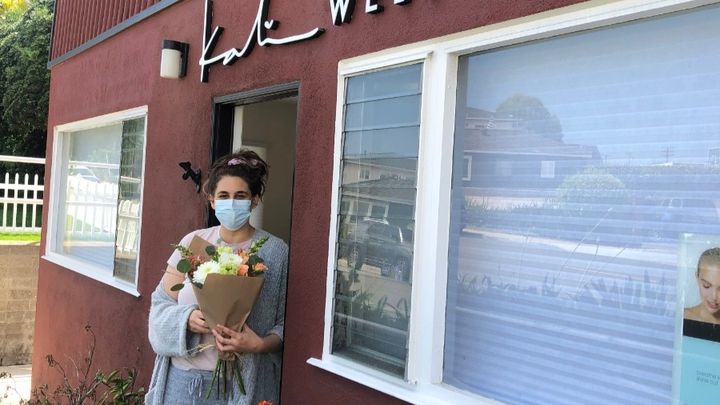Donation protected
I am a big believer that people come into your life for a reason. Sometimes it may be a brief moment to help guide you through a life’s long lesson. And other times, my favorite time - a lifetime, because they were meant to be your soul sister.
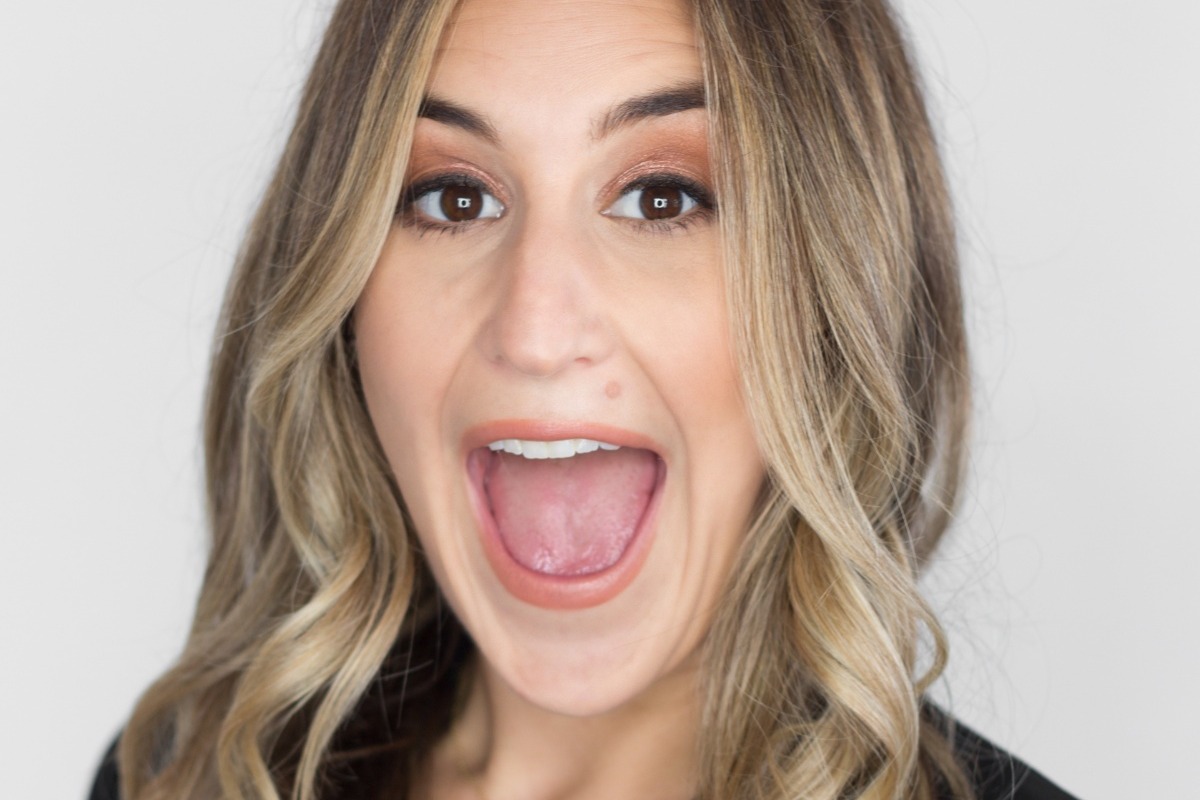
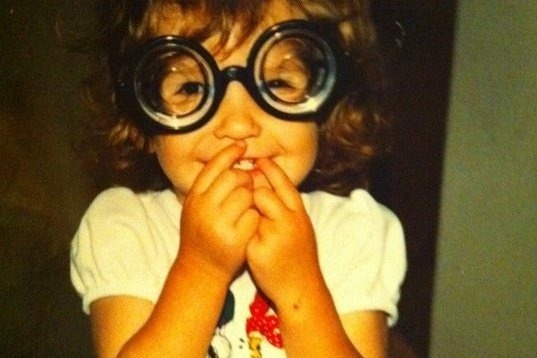
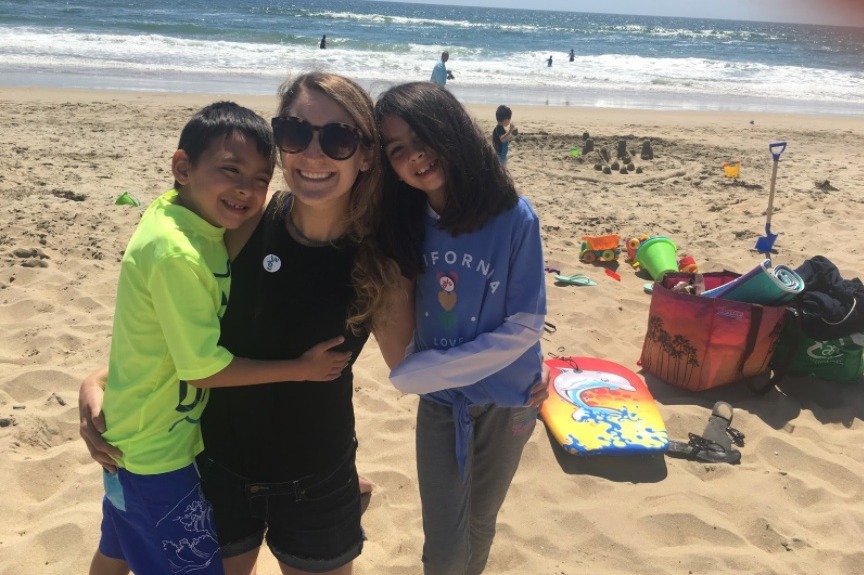
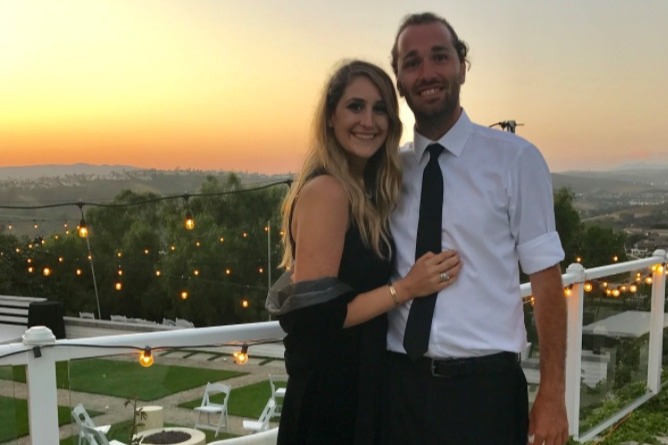
Kali is not only one of our dearest friends, she is also a loving daughter, sister, aunt, business partner, hair stylist, health coach + advocate, and hands-down the funniest person you will ever meet. Overcoming numerous health challenges and learning to build a life around Hashimoto’s disease, an autoimmune disorder, Kali found her life’s calling as a young entrepreneur, creating a safe space for others to help consciously co-create a new normal as she did for herself. 2020 was supposed to be a BIG, BRIGHT year for ALL OF US, especially Kali, until life took an unexpected turn late November 2019.
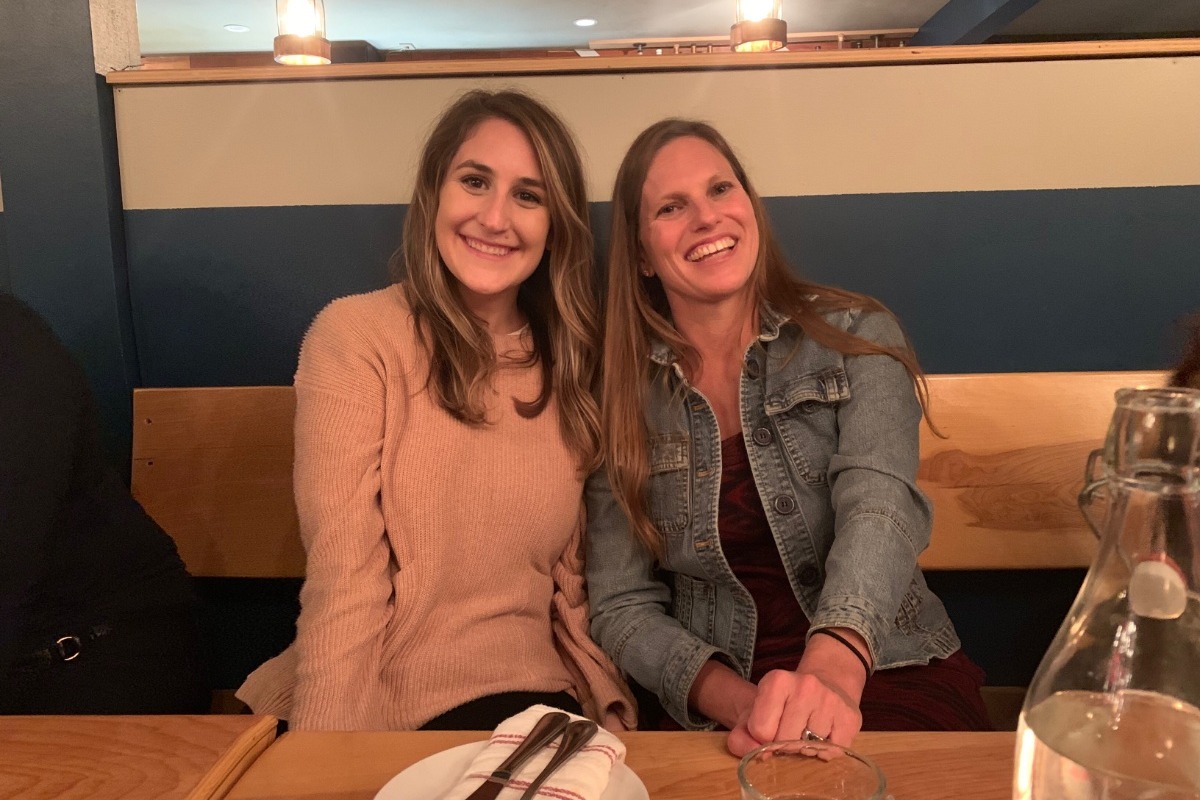

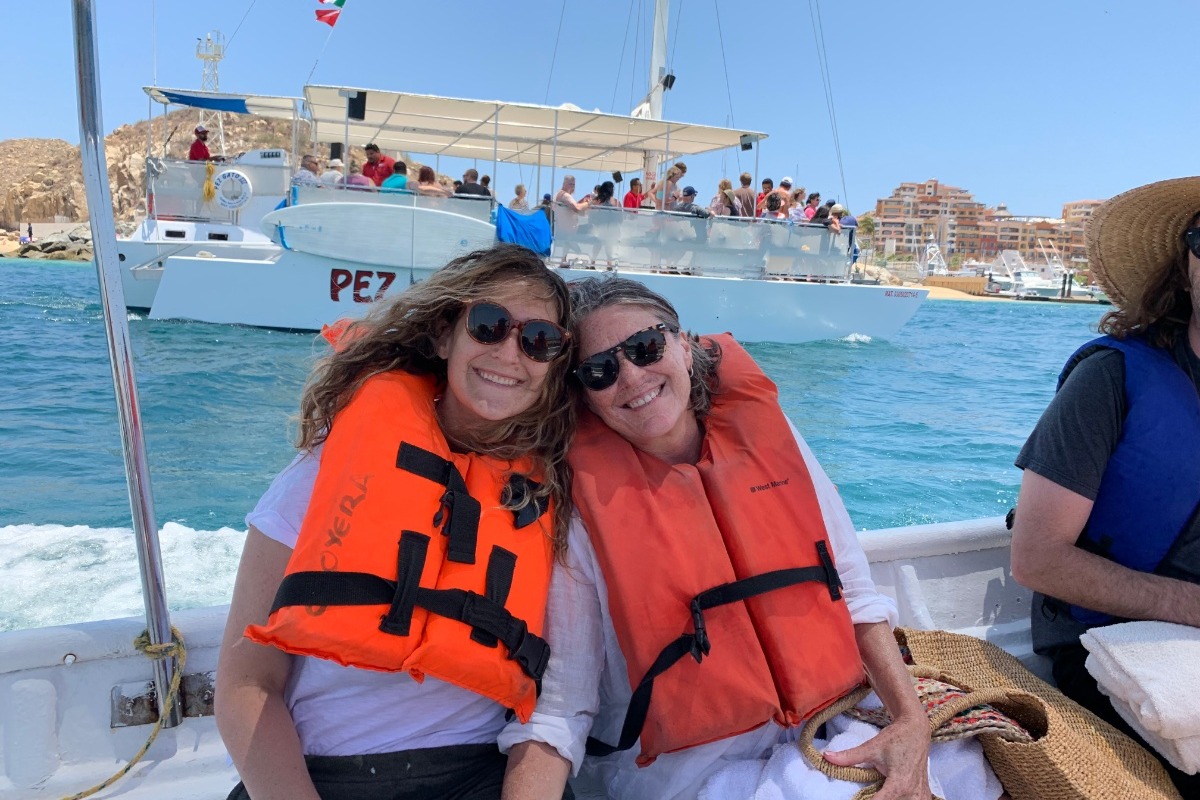
On Thanksgiving Day 2019, Kali suddenly experienced excruciating pain in her abdomen. Thinking it could possibly be her appendix bursting, she rushed to the ER. After a 7 day stay in the hospital and several tests including blood labs and CT scans, her doctors struggled with finding the proper diagnosis. In a matter of weeks, it went from intestinal blockage to Campylobacter food poisoning to T-Cell LGL Leukemia.
Being told to immediately start chemotherapy upon her Leukemia diagnosis, Kali’s gut grew an awfully familiar feeling, reflecting on the time doctors mistakenly diagnosed her Hashimoto’s disease and chemical sensitivity with Lupus. Thankfully, her gynecologist had access to Hoag and with the recommendation of their Hematologist, Kali was urged to get a bone marrow biopsy and a second opinion with City of Hope and Cedar Sinai.
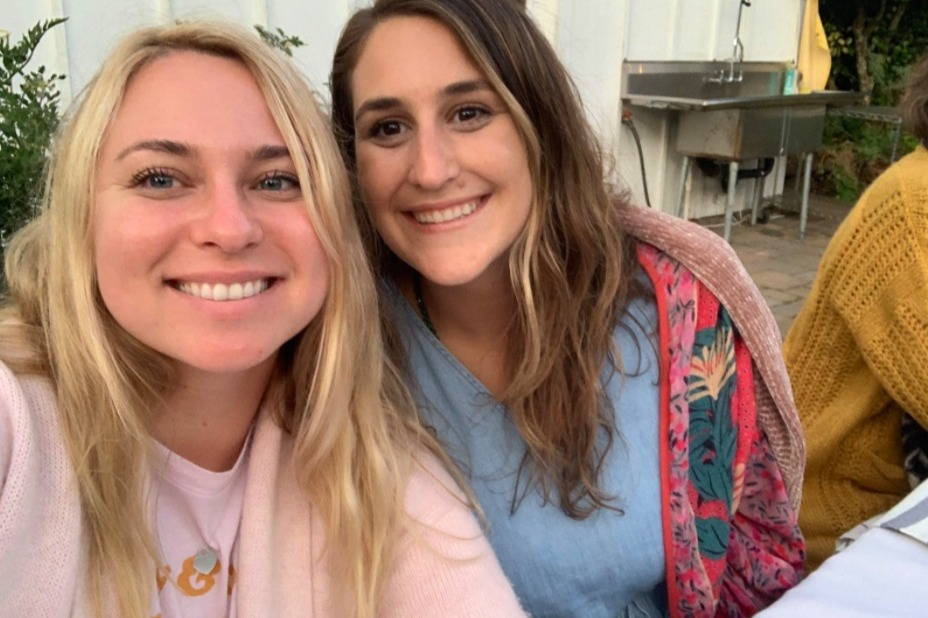
With the help of City Hope's keen eye for detail, the results of the biopsy led to a misdiagnosis of T-Cell LGL Leukemia and was properly determined as Moderate to Severe Aplastic Anemia. A misdiagnosis is very common with Aplastic Anemia due to the rarity of the condition and lack of research, clinical trials, and experts. Fortunately, Kali was able to find a world renowned specialist at Cedar Sinai (Los Angeles) and has been working with him since January 2020.
January 2020, Kali was officially diagnosed with a rare, life-threatening blood condition called Aplastic Anemia.
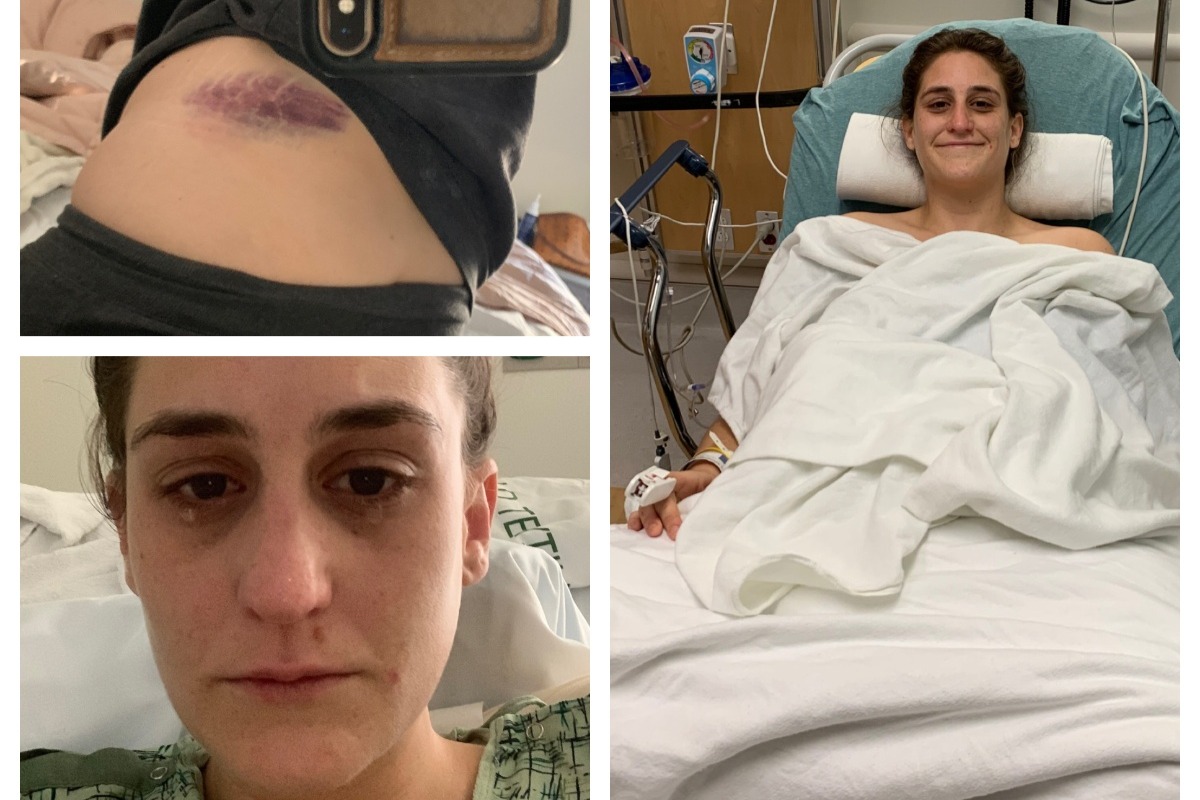
Aplastic Anemia is a condition that occurs when your bone marrow cannot make enough new blood cells for your body to function normally. All new blood cell lines which include red blood cells, hemoglobin, white blood cells, and platelets stop producing because the immune system attacks and destroys the stem cells in the bone marrow.
Stem cells = Special human cells that are able to develop into many different cell types.
Red blood cells = A low red blood cell count means our tissues cannot oxygenate and our heart must pump harder to circulate red blood cells which may result in chest pain and shortness of breath.
Hemoglobin = A protein in our RBC’s that carries oxygen to our body’s organs and tissues and transports carbon dioxide from our organs and tissues back to our lungs.
White blood cells = When our WBC’s, our immunity cells, are low, our body’s have the inability to fight off common infections. WBC’s are our first line of defense when a virus and or an infection enters our body.
Platelets = These are tiny blood cells that help our body form clots to stop bleeding. Low platelets means even the smallest injury may cause an increased risk of internal bleeding.
Aplastic Anemia can develop suddenly or slowly and increases the risk for complications such as bleeding, leukemia, and other serious blood disorders. Without treatment, this low level of blood cells can lead to serious medical conditions such as arrhythmia and heart failure.
After forming a team of doctors who have experience with this rare condition, Kali began what will be a very long journey of recovery. In February 2020, she began her first treatment, Promacta. Promacta is a drug that stimulates the bone marrow to help the body create more platelets. Hoping this treatment would help her cell counts go up to avoid taking cyclosporine, an immunosuppressive drug, similar to chemotherapy and traditionally used to prevent organ transplant rejections, Kali hit a few more roadblocks.
By March 2020, Kali had to be hospitalized for another week. Not only did she experience her first blood transfusion, doctors prompted her to move out of her home because of the toxic mold that was found and linked to her decreasing health.
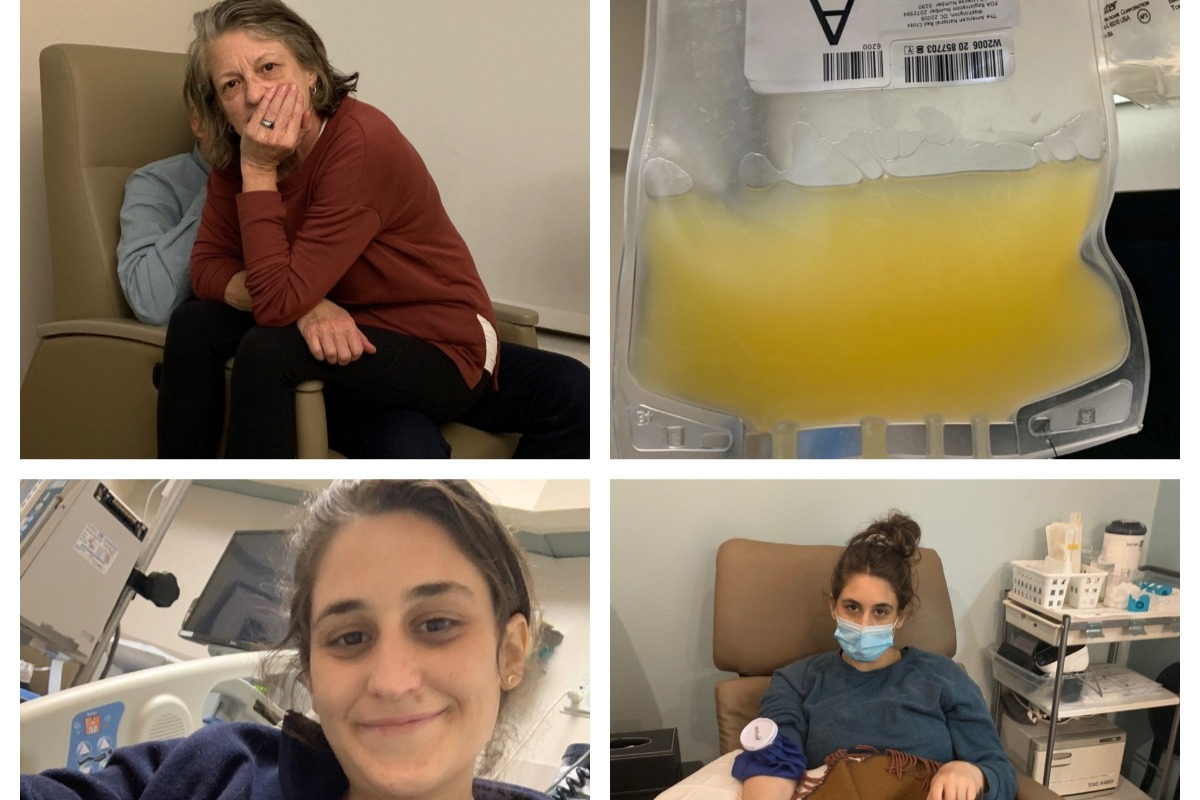
Promacta, the doctor’s first treatment in battling Aplastic Anemia, did not work alone. Tanking her blood count, she found herself dependent on platelets and blood transfusions to live. She was encouraged to stop her menstrual cycle because she could not afford to lose any blood. All of these changes did not come lightly to Kali as she would much rather change her life holistically than depend on pills, however, she learned the limitations of Natural Medicine through this experience.
Genetics, certain drugs like antibiotics - doxycycline, radiation, and environmental toxins are potential causes that are linked to the development of Aplastic Anemia. Although most cases are considered “idiopathic” without identifiable cause, it is safe to say that Kali’s previous history with autoimmune disease and exposure to toxins such as benzene and black mold (her career in cosmetology and her previous rental) could be a factor as to why her body began to shut down. Doctors found that Chaetomium, the only type of black mold that causes apoptosis (cell death), was reproducing in her body, the same mold that was found in her previous rental.
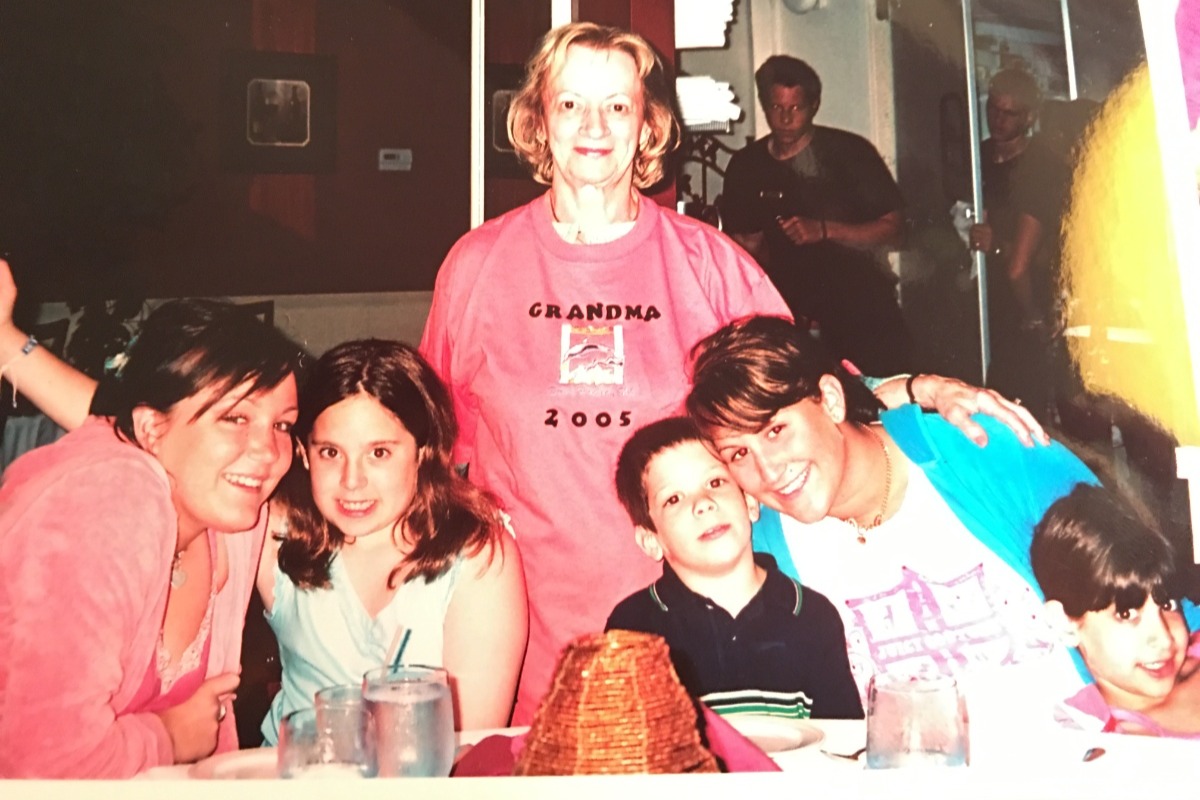
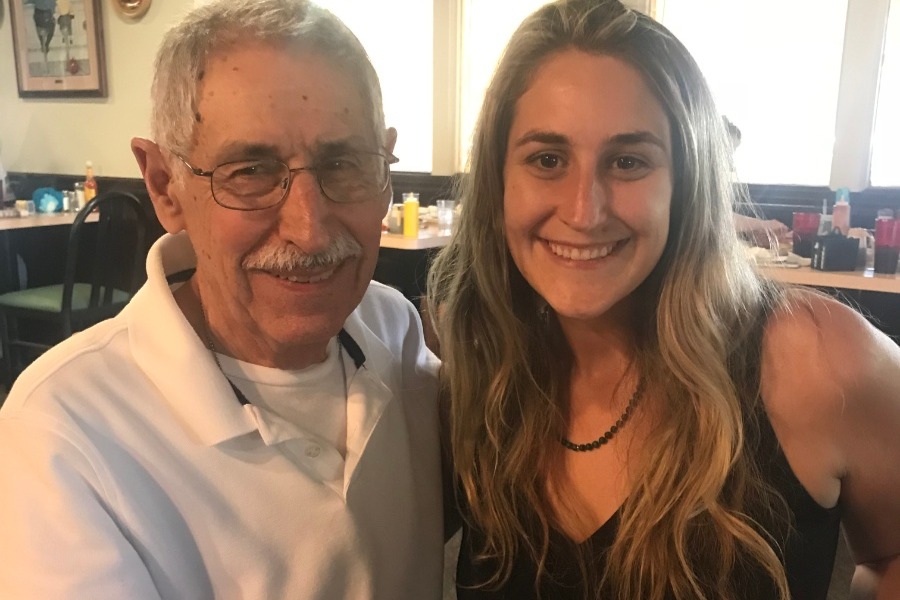
As of today, Kali has been able to stabilize her blood cell counts with the help of drugs, Promacta, Cyclosporine, and Provera. Her hemoglobin is 7, meaning that she only has half the amount of oxygen circulating through her brain and body than someone with a normal hemoglobin count of 14. Due to her low white blood cell count, she is considered Neutropenic and follows a neutropenic high nutrient food protocol.
Kali’s doctors are exploring every possible avenue such as stem cell alternatives to hopefully get this into remission without having to get a bone marrow transplant. Some of the recommended treatments for Aplastic Anemia require Kali’s health to be in a better state and off of immunosuppressants so they can be effective. Please note that Kali will always have to be cautious of colds, chemical exposures, viruses, etc. as they can send her body into a relapse. This condition might have forever shaped how Kali will have to live her life, but that won’t stop her courageous, beautiful soul from sharing her story in hopes of helping others.
HOW TO HELP:
Kali has a very long road ahead of her and needs our help more than ever. Any amount of donation will help and here is how the funds will be spent:
- Past Due & Current Hospital Bills after medical coverage - ($17,568)
- Continued Specialized Drug Treatments (Cyclosporine & Promacta)
- Specialized Doctor Visits and Check-ups
- Stem Cell Alternatives
- Immunotherapy
Thank you so, so much for your time and generosity. Your continued support and prayers are greatly appreciated and we encourage you to share Kali’s story!
Stay tuned for Kali’s personal updates and upcoming fundraising events.
Follow Kali’s healing journey on Facebook:
https://www.facebook.com/groups/299692141192701




Kali is not only one of our dearest friends, she is also a loving daughter, sister, aunt, business partner, hair stylist, health coach + advocate, and hands-down the funniest person you will ever meet. Overcoming numerous health challenges and learning to build a life around Hashimoto’s disease, an autoimmune disorder, Kali found her life’s calling as a young entrepreneur, creating a safe space for others to help consciously co-create a new normal as she did for herself. 2020 was supposed to be a BIG, BRIGHT year for ALL OF US, especially Kali, until life took an unexpected turn late November 2019.



On Thanksgiving Day 2019, Kali suddenly experienced excruciating pain in her abdomen. Thinking it could possibly be her appendix bursting, she rushed to the ER. After a 7 day stay in the hospital and several tests including blood labs and CT scans, her doctors struggled with finding the proper diagnosis. In a matter of weeks, it went from intestinal blockage to Campylobacter food poisoning to T-Cell LGL Leukemia.
Being told to immediately start chemotherapy upon her Leukemia diagnosis, Kali’s gut grew an awfully familiar feeling, reflecting on the time doctors mistakenly diagnosed her Hashimoto’s disease and chemical sensitivity with Lupus. Thankfully, her gynecologist had access to Hoag and with the recommendation of their Hematologist, Kali was urged to get a bone marrow biopsy and a second opinion with City of Hope and Cedar Sinai.

With the help of City Hope's keen eye for detail, the results of the biopsy led to a misdiagnosis of T-Cell LGL Leukemia and was properly determined as Moderate to Severe Aplastic Anemia. A misdiagnosis is very common with Aplastic Anemia due to the rarity of the condition and lack of research, clinical trials, and experts. Fortunately, Kali was able to find a world renowned specialist at Cedar Sinai (Los Angeles) and has been working with him since January 2020.
January 2020, Kali was officially diagnosed with a rare, life-threatening blood condition called Aplastic Anemia.

Aplastic Anemia is a condition that occurs when your bone marrow cannot make enough new blood cells for your body to function normally. All new blood cell lines which include red blood cells, hemoglobin, white blood cells, and platelets stop producing because the immune system attacks and destroys the stem cells in the bone marrow.
Stem cells = Special human cells that are able to develop into many different cell types.
Red blood cells = A low red blood cell count means our tissues cannot oxygenate and our heart must pump harder to circulate red blood cells which may result in chest pain and shortness of breath.
Hemoglobin = A protein in our RBC’s that carries oxygen to our body’s organs and tissues and transports carbon dioxide from our organs and tissues back to our lungs.
White blood cells = When our WBC’s, our immunity cells, are low, our body’s have the inability to fight off common infections. WBC’s are our first line of defense when a virus and or an infection enters our body.
Platelets = These are tiny blood cells that help our body form clots to stop bleeding. Low platelets means even the smallest injury may cause an increased risk of internal bleeding.
Aplastic Anemia can develop suddenly or slowly and increases the risk for complications such as bleeding, leukemia, and other serious blood disorders. Without treatment, this low level of blood cells can lead to serious medical conditions such as arrhythmia and heart failure.
After forming a team of doctors who have experience with this rare condition, Kali began what will be a very long journey of recovery. In February 2020, she began her first treatment, Promacta. Promacta is a drug that stimulates the bone marrow to help the body create more platelets. Hoping this treatment would help her cell counts go up to avoid taking cyclosporine, an immunosuppressive drug, similar to chemotherapy and traditionally used to prevent organ transplant rejections, Kali hit a few more roadblocks.
By March 2020, Kali had to be hospitalized for another week. Not only did she experience her first blood transfusion, doctors prompted her to move out of her home because of the toxic mold that was found and linked to her decreasing health.

Promacta, the doctor’s first treatment in battling Aplastic Anemia, did not work alone. Tanking her blood count, she found herself dependent on platelets and blood transfusions to live. She was encouraged to stop her menstrual cycle because she could not afford to lose any blood. All of these changes did not come lightly to Kali as she would much rather change her life holistically than depend on pills, however, she learned the limitations of Natural Medicine through this experience.
Genetics, certain drugs like antibiotics - doxycycline, radiation, and environmental toxins are potential causes that are linked to the development of Aplastic Anemia. Although most cases are considered “idiopathic” without identifiable cause, it is safe to say that Kali’s previous history with autoimmune disease and exposure to toxins such as benzene and black mold (her career in cosmetology and her previous rental) could be a factor as to why her body began to shut down. Doctors found that Chaetomium, the only type of black mold that causes apoptosis (cell death), was reproducing in her body, the same mold that was found in her previous rental.


As of today, Kali has been able to stabilize her blood cell counts with the help of drugs, Promacta, Cyclosporine, and Provera. Her hemoglobin is 7, meaning that she only has half the amount of oxygen circulating through her brain and body than someone with a normal hemoglobin count of 14. Due to her low white blood cell count, she is considered Neutropenic and follows a neutropenic high nutrient food protocol.
Kali’s doctors are exploring every possible avenue such as stem cell alternatives to hopefully get this into remission without having to get a bone marrow transplant. Some of the recommended treatments for Aplastic Anemia require Kali’s health to be in a better state and off of immunosuppressants so they can be effective. Please note that Kali will always have to be cautious of colds, chemical exposures, viruses, etc. as they can send her body into a relapse. This condition might have forever shaped how Kali will have to live her life, but that won’t stop her courageous, beautiful soul from sharing her story in hopes of helping others.
HOW TO HELP:
Kali has a very long road ahead of her and needs our help more than ever. Any amount of donation will help and here is how the funds will be spent:
- Past Due & Current Hospital Bills after medical coverage - ($17,568)
- Continued Specialized Drug Treatments (Cyclosporine & Promacta)
- Specialized Doctor Visits and Check-ups
- Stem Cell Alternatives
- Immunotherapy
Thank you so, so much for your time and generosity. Your continued support and prayers are greatly appreciated and we encourage you to share Kali’s story!
Stay tuned for Kali’s personal updates and upcoming fundraising events.
Follow Kali’s healing journey on Facebook:
https://www.facebook.com/groups/299692141192701
Organizer and beneficiary
Monica Kowal
Organizer
Huntington Beach, CA
Katherine Poulos
Beneficiary
